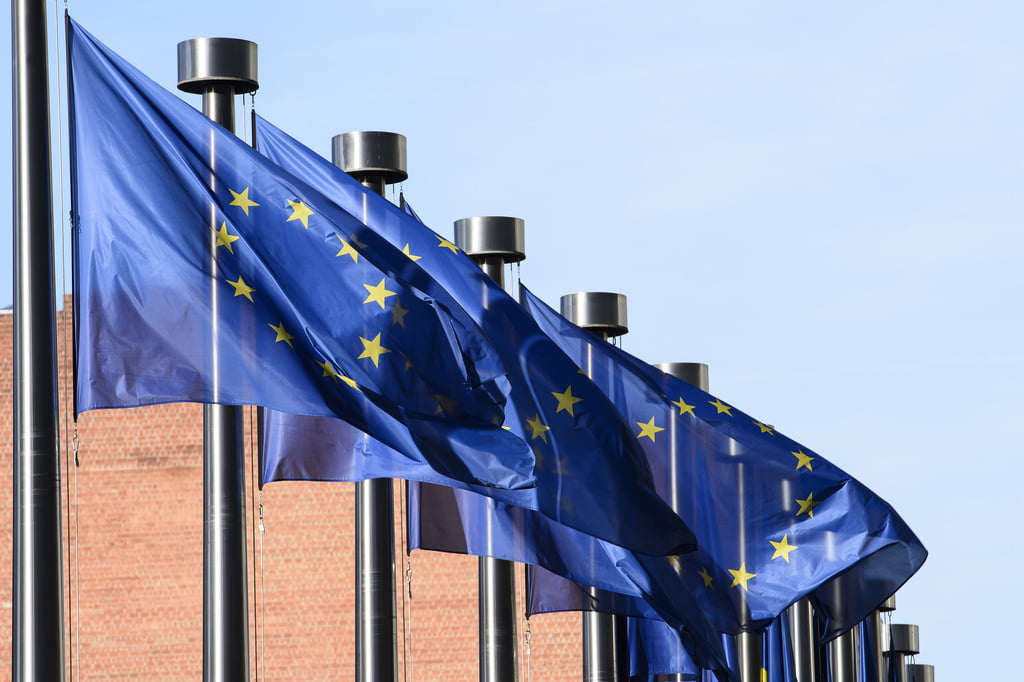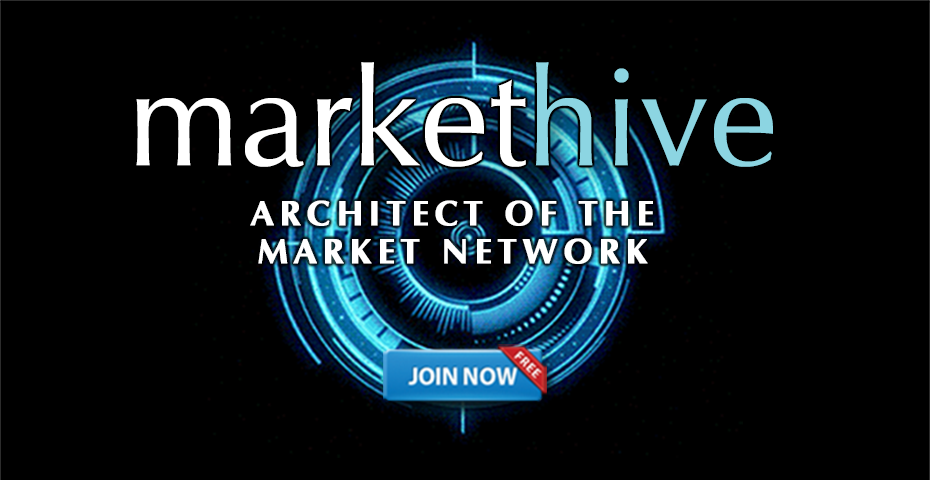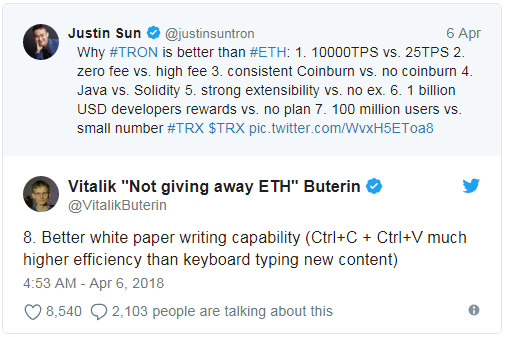A group of government agencies, law enforcement groups and academic researchers are partnering on a new digital currency surveillance project.

Backed by €5m in funding from the European Union, the initiative, dubbed "Tools for the Investigation of Transactions in Underground Markets", or TITANIUM, will be conducted over the next three years.
Participants include Interpol, Interior Ministries from Spain and Austria, Finland's National Bureau of Investigation, and University College London, among others.
In statements, the project's backers cited a recent wave of ransomware attacks around the globe, pointing to the event as a justification for beefing up the ability to track cryptocurrency payments.
At the same time, those involved pledged not to violate user privacy rights.
"The consortium will analyse legal and ethical requirements and define guidelines for storing and processing data, information, and knowledge involved in criminal investigations without compromising citizen privacy," said Ross King, senior scientist for the AIT Austrian Institute of Technology GmbH, one of the research institutions taking part.
That the EU would take this approach — let alone fund one — is perhaps unsurprising, given past efforts and statements from leaders and officials of the economic bloc.
The EU's executive branch, the European Council, began pushing aggressively for greater oversight of digital currency users in early 2016, with the European Parliament following suit earlier this year.
According to a press release published by the Austrian Institute of Technology (AIT), the European Union funded a three-year project investigating the criminal use of virtual currencies and the darknet. Fifteen members from seven European countries are participating in the project. The solutions developed in the research are intended to prevent criminals and attackers from using the blockchain technology for criminal purposes while at the same time preserving the privacy rights of legitimate users.
Blockchain technology makes it possible to organize records in a distributed network without central control and thus presents new challenges for investigating authorities, the press release says. The best-known application of the blockchain technology is Bitcoin, a cryptocurrency currently on its all-time high at almost $2,500, which offers legal use, however, the virtual currency could be also used for criminal purposes. The press release stated that BTC’s illicit use most happens on the dark side of the internet, for example on darknet marketplaces or hacking forums. Since the dark web could not be accessed or crawled via common search engines, such as Google, and provides more anonymity to its users than the clearnet (the normal part of the internet everybody knows), criminals often take advantage of these perks and decide to conduct their illegal activities on the darknet. The press release emphasized that the WannaCry attackers, who locked computers in approximately 150 countries on May 12, 2017, also demanded the payment of the ransom in bitcoins.
The aim of the TITANIUM (Tools for the Investigation of Transactions in Underground Markets) project is the development of technical solutions for investigating and combating criminal and terrorist acts on the internet, which are carried out with the help of virtual currencies and underground marketplaces. The three-year project, worth a total of EUR 5 million, is funded by the European Union.
The tools developed and implemented by the partnership (including four law enforcement agencies and INTERPOL) are intended to support the forensic analysis of criminal transactions, identify anomalies in their application and identify money laundering techniques. In addition, the researchers will carry out training courses in order to “anchor” the corresponding know-how and knowledge to the law enforcement authorities of the EU helping officers in preventing and prosecuting cybercrime more efficiently. Furthermore, the tools and services developed in the project are to be tested and validated on site by the law enforcement authorities in order to check the project results for their success and effectiveness.
“Criminal and terrorist activities related to virtual currencies and dark net markets are developing rapidly and vary widely with regard to technical maturity, resilience and targeted goals,” Project Coordinator Ross King, Senior Scientist at the Austrian Institute of Technology (AIT), said in a statement.
In order to counteract these activities, according to Dr. King, the development of efficient and effective forensics tools is a must, which can use different types of data from different sources, including virtual currencies, online forums, peer-to-peer networks on darknet marketplaces, and on electronic equipment, which law enforcement authorities seized from the suspects. Dr King emphasized that the development of the tools within the framework of the TITANIUM project is an important focus on the protection of the personality and fundamental rights of the users.
“The partnership will analyze the legal and ethical requirements and develop guidelines for the storage and processing of data, information, and findings from criminal investigations without affecting the privacy of citizens, Dr King said.
In addition to the AIT Austrian Institute of Technology, the following partners are part of the TITANIUM consortium: the Federal Criminal Police Office from Germany (BKA), Coblue Cybersecurity from the Netherlands, Countercraft SL from Spain, Dence GmbH from Germany, University of Innsbruck from Austria, INTERPOL (International Criminal Police Organization), Karlsruhe Institute of Technology from Germany, Federal Ministry of the Interior of Austria, Ministry of Interior of Spain, National Bureau of Investigation from Finland, TNO from the Netherlands, Trilateral Research Ltd. from the United Kingdom, University College London from the United Kingdom, VICOMTECH-IK4 from Spain.
If you believe that my message is worth spreading, please use the share buttons if they show on this page.
Stephen Hodgkiss
Chief Engineer at MarketHive
markethive.com
Alan Zibluk Markethive Founding Member
 A safe, secure, powerful broadcasting platform, delivering value and merit for joining and engaging your audiences. An exclusive Airdrop, Faucet and Bounty social network. Markethive. Joining is free, upgrading is rewarding.
A safe, secure, powerful broadcasting platform, delivering value and merit for joining and engaging your audiences. An exclusive Airdrop, Faucet and Bounty social network. Markethive. Joining is free, upgrading is rewarding. 

 A safe, secure, powerful broadcasting platform, delivering value and merit for joining and engaging your audiences. An exclusive Airdrop, Faucet and Bounty social network. Markethive. Joining is free, upgrading is rewarding.
A safe, secure, powerful broadcasting platform, delivering value and merit for joining and engaging your audiences. An exclusive Airdrop, Faucet and Bounty social network. Markethive. Joining is free, upgrading is rewarding.  A safe, secure, powerful broadcasting platform, delivering value and merit for joining and engaging your audiences. An exclusive Airdrop, Faucet and Bounty social network. Markethive. Joining is free, upgrading is rewarding.
A safe, secure, powerful broadcasting platform, delivering value and merit for joining and engaging your audiences. An exclusive Airdrop, Faucet and Bounty social network. Markethive. Joining is free, upgrading is rewarding.  A safe, secure, powerful broadcasting platform, delivering value and merit for joining and engaging your audiences. An exclusive Airdrop, Faucet and Bounty social network. Markethive. Joining is free, upgrading is rewarding.
A safe, secure, powerful broadcasting platform, delivering value and merit for joining and engaging your audiences. An exclusive Airdrop, Faucet and Bounty social network. Markethive. Joining is free, upgrading is rewarding.  A safe, secure, powerful broadcasting platform, delivering value and merit for joining and engaging your audiences. An exclusive Airdrop, Faucet and Bounty social network. Markethive. Joining is free, upgrading is rewarding.
A safe, secure, powerful broadcasting platform, delivering value and merit for joining and engaging your audiences. An exclusive Airdrop, Faucet and Bounty social network. Markethive. Joining is free, upgrading is rewarding. 
 Plagiarism, Identity Theft, And False Promises All Too Common In Cryptocurrency Market
Plagiarism, Identity Theft, And False Promises All Too Common In Cryptocurrency Market

